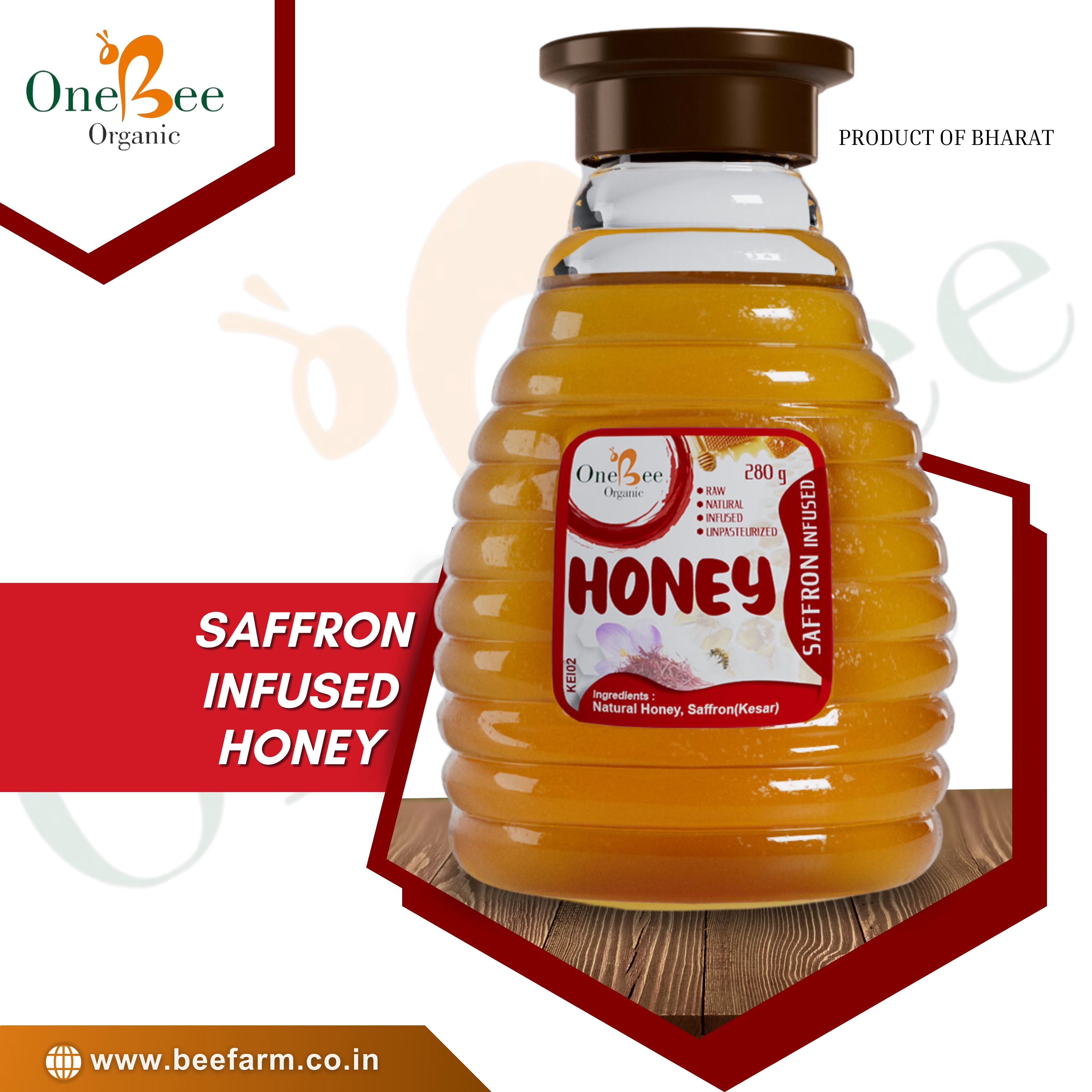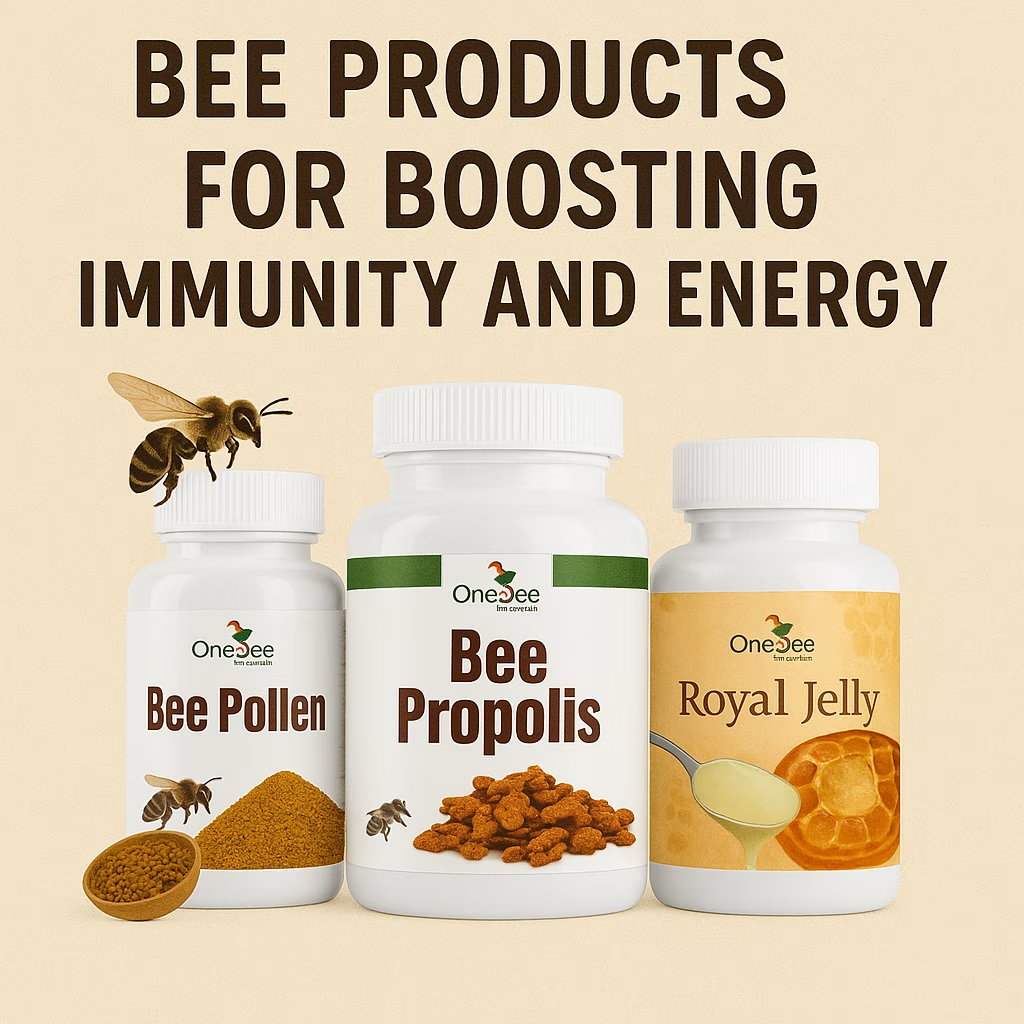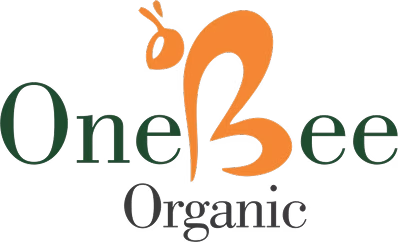Bee Venom in the Treatment of Various Conditions
Bee venom, a natural toxin produced by bees, has gained attention in both traditional and modern medicine. While its primary role is to defend against predators, researchers have explored its potential therapeutic applications. The venom contains active compounds such as melittin, apamin, and phospholipase A2, which may offer anti-inflammatory, analgesic, and immune-modulating effects. As a result, bee venom in the treatment of various conditions has become a subject of medical research and alternative therapies.
Health Conditions Treated with Bee Venom
- Arthritis: Bee venom is believed to reduce inflammation and pain associated with arthritis. Some alternative treatments, including bee venom therapy, involve controlled venom exposure to stimulate the body’s immune response and relieve joint discomfort.
- Multiple Sclerosis (MS): Some preliminary studies suggest that bee venom may help improve symptoms of multiple sclerosis by modulating immune activity. However, more research is necessary to confirm its effectiveness.
- Chronic Pain and Inflammation: Due to its potential pain-relieving properties, bee venom is sometimes used as a natural remedy for muscle and joint pain. Apitherapy practitioners administer it through injections, patches, or topical creams.
- Skin Conditions: Certain skincare products include bee venom for its claimed ability to stimulate collagen production, reduce wrinkles, and promote skin healing.
- Cancer Research: Some scientific investigations suggest that melittin, a key component of bee venom, may have properties that help combat cancer cells. However, clinical applications remain experimental, and extensive research is needed.
Precautions and Considerations
Despite its potential benefits, using bee venom in the treatment of various conditions carries risks. Allergic reactions, including severe anaphylaxis, can occur, making it crucial to seek professional guidance before use. Additionally, scientific validation is still underway for many of its claimed health benefits. Anyone considering bee venom therapy should consult a qualified healthcare provider to assess its safety and suitability.







Leave A Comment